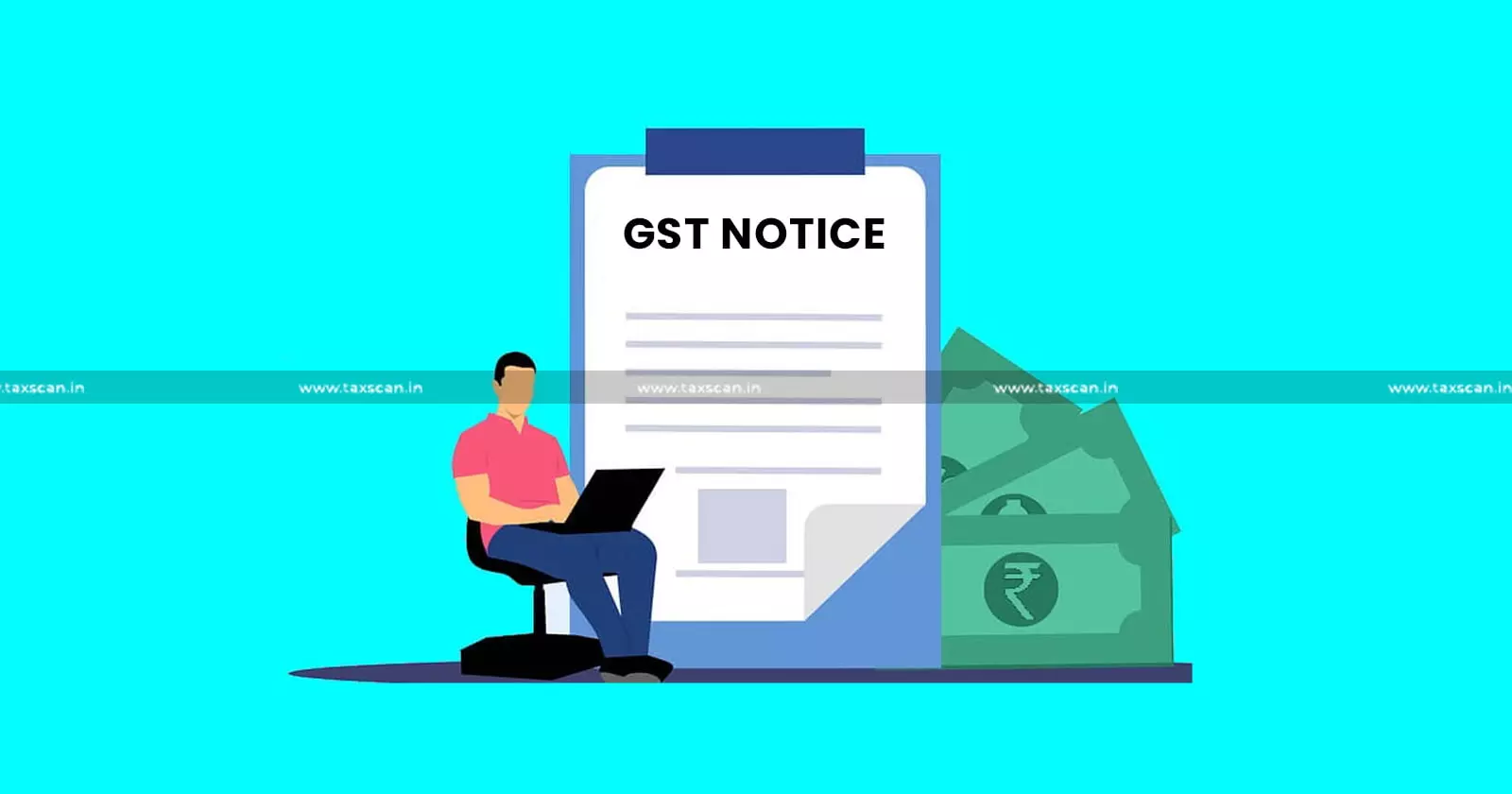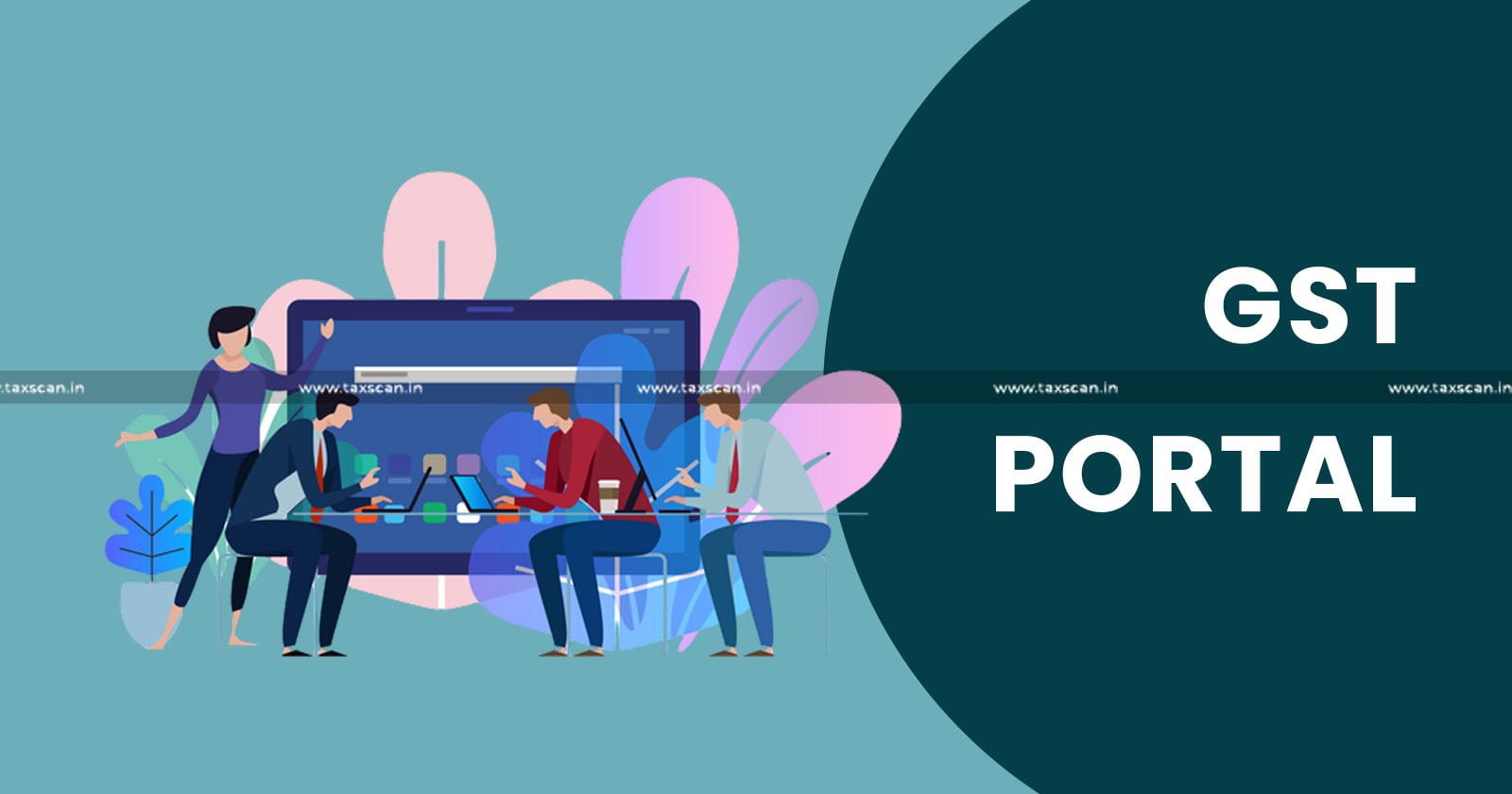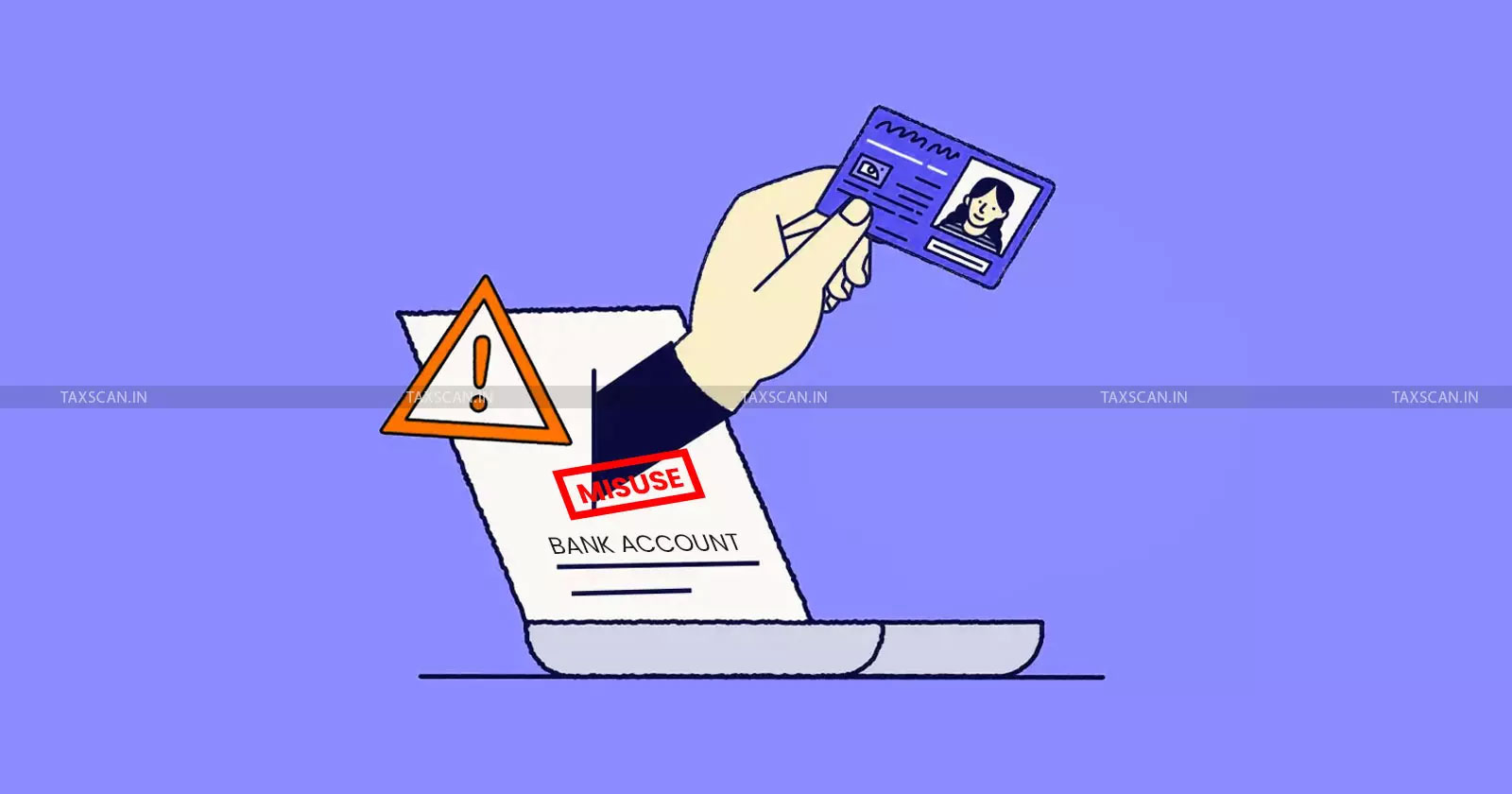Court’s Orders Continue to Apply In areas not Legislatively Addressed: Delhi HC Affirms 180-Day PMLA Attachment Limit in ED Case [Read Order]
The Delhi High Court held that the Supreme Court’s COVID-era time-limit extension orders are applicable to PMLA proceedings
![Court’s Orders Continue to Apply In areas not Legislatively Addressed: Delhi HC Affirms 180-Day PMLA Attachment Limit in ED Case [Read Order] Court’s Orders Continue to Apply In areas not Legislatively Addressed: Delhi HC Affirms 180-Day PMLA Attachment Limit in ED Case [Read Order]](https://images.taxscan.in/h-upload/2025/10/06/2094339-delhi-high-court-pmla-ed-case-taxscan.webp)
The Delhi High Court recently held that, in the absence of legislative provisions extending limitation periods under the Prevention of Money Laundering Act, 2002 (PMLA) during the COVID-19 pandemic, the suo motu directions issued by the Supreme Court shall continue to apply.
The dispute arose from two provisional attachment orders (PAOs) issued by the Enforcement Directorate (ED) - namely PAO No. 6/2021 dated December 1, 2021, and an earlier order dated November 13, 2019 through which the ED attached certain properties of Vikas WSP Ltd and its directors (Vikas WSP).
 Also Read:Duplicate GST Notices: Delhi HC Sets Aside Orders, Remands Matter to Adjudicating Authority for Fresh Order [Read Order]
Also Read:Duplicate GST Notices: Delhi HC Sets Aside Orders, Remands Matter to Adjudicating Authority for Fresh Order [Read Order]
The litigation was initially instituted before a Single Judge of the Delhi High Court, who held that the provisional attachment orders issued by the Enforcement Directorate had lapsed by operation of Section 5(3) of the Prevention of Money Laundering Act (PMLA). The Single Judge observed the suo motu orders by the Supreme Court and reasoned that the 180-day period prescribed for confirmation of a provisional attachment is a strict statutory limit and cannot be extended except through express legislative amendment.
On this basis, the single-judge declared that the attachments ceased to exist, prompting the Directorate of Enforcement to challenge the order before the Division Bench through one of the petitions herein.
Parallely, Vikas WSP also instituted a writ petition challenging the subsequent PAO issued in continuation of the same proceedings. Given the common factual background and overlapping legal issues, both matters were heard and decided together.
 Also Read:GST Portal Glitch Generates Personal Hearing Notice after Appeal Decision: Delhi HC Sets Aside Order-in-Appeal [Read Order]
Also Read:GST Portal Glitch Generates Personal Hearing Notice after Appeal Decision: Delhi HC Sets Aside Order-in-Appeal [Read Order]
Special counsel Zoheb Hossain appearing for the ED contended that the Supreme Court’s suo motu orders in In Re: Cognizance for Extension of Limitation (2020) passed during the COVID-19 pandemic had extended limitation periods across judicial and quasi-judicial forums.
It was further argued that the 180-day limit under Section 5(3) stood suspended for the duration covered by those orders and that the same had been affirmed by other High Courts including the Telangana High Court in Hygro Chemicals Pharmtek (P) Ltd. v. Union of India & Anr (2023).
Senior Advocate N. Hariharan, appearing for the private parties argued that the statutory ceiling under Section 5(3) was a substantive safeguard that could not be overridden by general limitation extensions. He submitted that the Supreme Court’s directions did not expressly mention PMLA proceedings, and hence could not be invoked to validate expired attachments.
The Division Bench Justice Anil Kshetarpal and Justice Harish Vaidyanathan Shankar undertook a detailed examination of the Supreme Court orders passed in Cognizance (supra) and their bearing on proceedings under the PMLA. Referring to the principles laid down by the apex court in S. Kasi v. State (2021) and other related decisions, the Bench observed that the object of the Supreme Court’s directions was to ensure that litigants were not prejudiced by procedural timelines during the extraordinary circumstances of the COVID-19 pandemic.
 Also Read:AO freezes 13 Bank Accounts of Company blocking its Operations: Delhi HC orders Dezfreeze on Payment of 20% [Read Order]
Also Read:AO freezes 13 Bank Accounts of Company blocking its Operations: Delhi HC orders Dezfreeze on Payment of 20% [Read Order]
The Court emphasized that the orders of the Supreme Court were issued under Articles 141 and 142 of the Constitution, thereby carrying binding and overriding force upon all judicial and quasi-judicial proceedings unless specifically excluded by legislation.
The Bench also referenced the maxim ‘actus curiae neminem gravabit’ which means that an act of the court shall prejudice no one - to reiterate that parties should not suffer adverse consequences merely because proceedings were delayed due to judicial or administrative restrictions during the pandemic.
Consequently, the Delhi High Court concluded that the 180-day statutory period for confirmation of the provisional attachment stood validly extended to the extent of the exclusion period directed by the Supreme Court and set aside the impugned judgment passed by the single-bench and dismissed the writ filed by the private parties.
Support our journalism by subscribing to Taxscan premium. Follow us on Telegram for quick updates


